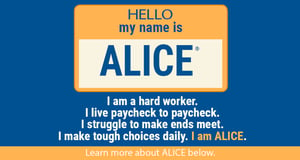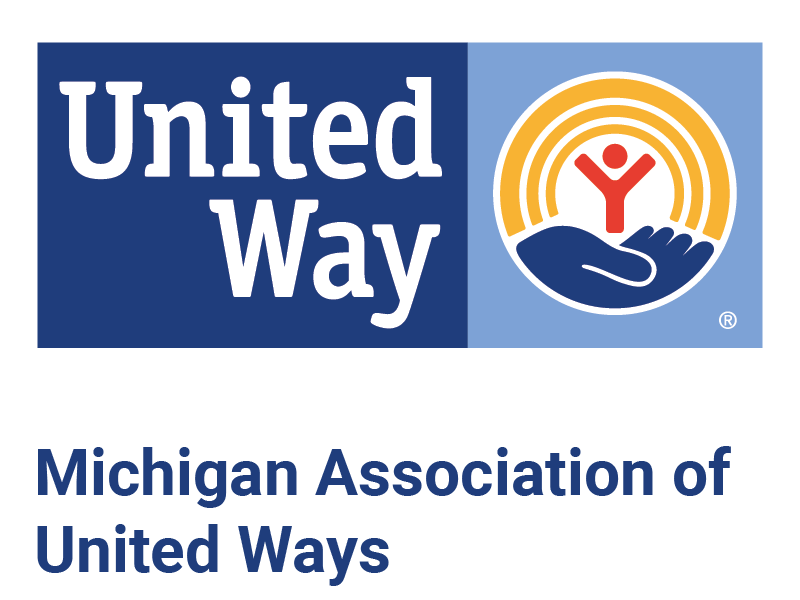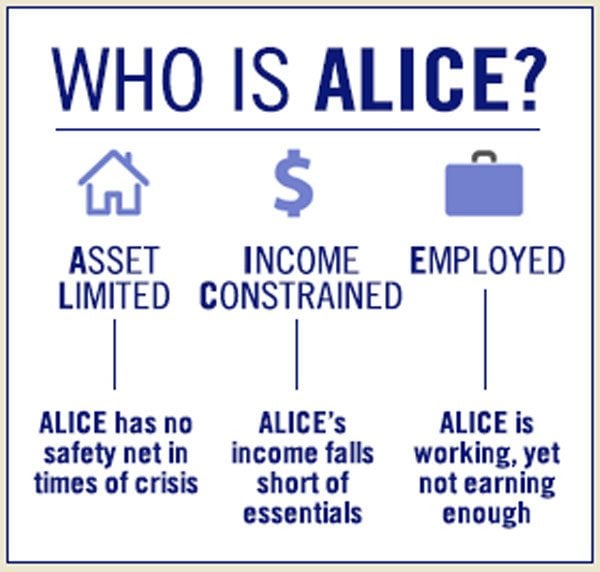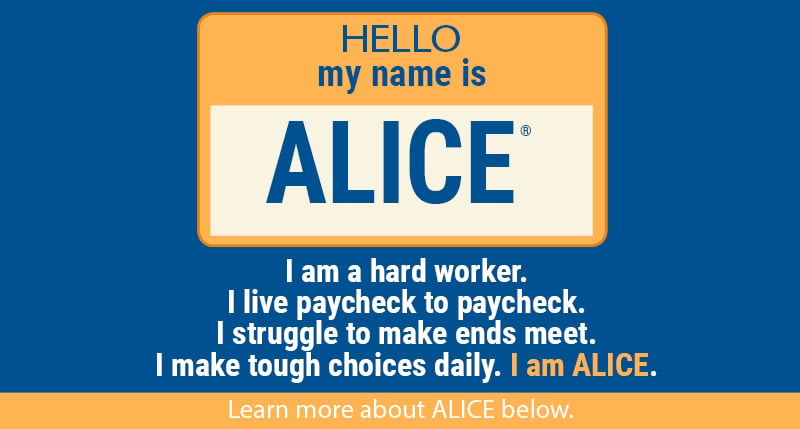
Jeffrey Mosher welcomes Nancy Lindman, Director of Public Policy and Research, Michigan Association of United Ways based in Lansing serving Statewide
Their topic of discussion was ALICE in Focus Report Reveals Veterans' Struggle Financially
Shared below Nancy and Jeffrey discuss the ALICE in Focus Report and the plight of Veterans in the SoundCloud Podcast:
What is the Michigan Association of United Ways and how does it support families in Michigan?
MAUW recently released an ALICE report that focuses on veterans. Can you talk about some of the data found in the report?
What do these numbers look like in comparison to past years? Are things getting better or worse for veterans?
What does “ALICE” mean when talking about the Michigan Association of United Ways?
Where can veterans in Michigan go to get support?
The Michigan Association of United Ways also shared a release about this information:
New ALICE report reveals Michigan’s financially insecure veterans live in a household below the poverty, ALICE Threshold
Lansing, MI – They’ve served and sacrificed for our country yet nearly one quarter, or 26%, of Michigan’s veterans, struggle to afford the basics, according to a new report from the Michigan Association of United Ways (MAUW) and its research partner United For ALICE.
In 2019, while 6% of the state’s veterans were deemed in poverty, 20%—three times as many—were ALICE (Asset Limited, Income Constrained, Employed). ALICE households earn more than the Federal Poverty Level but less than what it costs to live and work in the modern economy. Combined, 26% of Michigan’s veterans were below the ALICE Threshold of Financial Survival, with income that doesn’t meet the basic costs of housing, childcare, health care, transportation, and a smartphone plan.
“Our freedom comes with the responsibility to ensure that those who have served and sacrificed don’t struggle to make ends meet once they return home,” said MAUW Director of Public Policy and Partnerships Nancy Lindman. “Although veterans do have additional supports not afforded nonveterans, clearly there’s still room for improvement.”
The ALICE in Focus: Veterans report and interactive tools reveal that while veterans show lower rates of financial hardship than individuals who never served, Michigan’s veterans face some tougher financial hurdles than their counterparts in Indiana and Ohio.
For example, 33% of Michigan’s veterans earning below the ALICE Threshold spent more than 35% of their income on a mortgage, utilities, tax, and insurance. That’s in comparison with 32% in Indiana and 33% in Ohio. And for renters, Michigan had one of the highest rates in the country for struggling veterans being rent burdened at 57%.
In addition, just 16% of Michigan’s financially insecure veterans participated in the Supplemental Nutrition Assistance Program (SNAP), in comparison with 14% in Indiana and 8% in Ohio.
Nonetheless, there are some lessons to be learned from the data, said United For ALICE National Director Stephanie Hoopes, Ph.D. The state’s veterans are slightly better off than nonveterans with 26% struggling to make ends meet compared to 30% of adults who never served.
“Veterans have higher rates of full-time employment, are more likely to be homeowners and have more comprehensive health insurance coverage and disability benefits,” Hoopes said. “This suggests that the supports afforded veterans are making a difference and could provide invaluable insights for developing strategies that help nonveterans facing financial hardship.”
Other findings in the state of Michigan from ALICE in Focus: Veterans include:
- Racial and ethnic inequities persist with 41% of American Indian/Alaska Native veterans, 36% of Black veterans, and 14% of Hispanic veterans living below the ALICE Threshold compared to 25% of white veterans and 24% of Asian veterans.
- Thirty-two percent of veterans with disabilities struggled more to afford the basics than compared to 23% of veterans without disabilities.
- Inequities also appear for Black veterans with disabilities with 45% living below the ALICE Threshold respectively in comparison with 31% of white veterans with disabilities.
- While working, veterans still experience financial hardship with 13% of veterans with full-time employment living below the ALICE Threshold and 32% of veterans working part-time.
- Of veterans who graduated high school but had not completed post-secondary education, 30% were living below the ALICE Threshold.
More data is available through the ALICE in Focus: Veterans interactive data dashboard, which provides filters for regional and local geographies, age, race, disability status, living arrangements, work status, and proximity to military bases. Visit UnitedForALICE.org/Focus-Veterans.
ALICE in Focus: Veterans marks the third installment in the ALICE in Focus Research Series, which draws from the U.S. Census Bureau’s American Community Survey (ACS) Public Use Microdata Samples (PUMS). Each installment in the series highlights a specific segment within the ALICE demographic. The other installments focused on children and people with disabilities.
About the Michigan Association of United Ways
Michigan Association of United Ways (MAUW) is a partner in developing powerful responses to current and emerging issues in local communities. The State Association provides leadership in policy influence and capacity building to affect positive change. MAUW serves approximately 35 local United Ways that represent the largest network of non-governmental service providers and service funders in Michigan, collectively raising and distributing significant resources to support local health and human service organizations.
About United For ALICE
United For ALICE is a driver of innovation, research, and action to improve life across the country for ALICE (Asset Limited, Income Constrained, Employed) and for all. Through the development of the ALICE measurements, a comprehensive, unbiased picture of financial hardship has emerged. Harnessing this data and research on the mismatch between low-paying jobs and the cost of survival, ALICE partners convene, advocate and collaborate on solutions that promote financial stability at local, state, and national levels. This grassroots ALICE movement, led by United Way of Northern New Jersey, has spread to 24 states and includes United Ways, corporations, nonprofits, and foundations in Arkansas, Connecticut, Delaware, Florida, Hawai‘i, Idaho, Illinois, Indiana, Iowa, Louisiana, Maryland, Michigan, Mississippi, New Jersey, New York, Ohio, Oregon, Pennsylvania, Tennessee, Texas, Virginia, Washington, Washington, D.C., West Virginia, and Wisconsin; we are United For ALICE. For more information, visit: UnitedForALICE.org.
###










-1.png)





